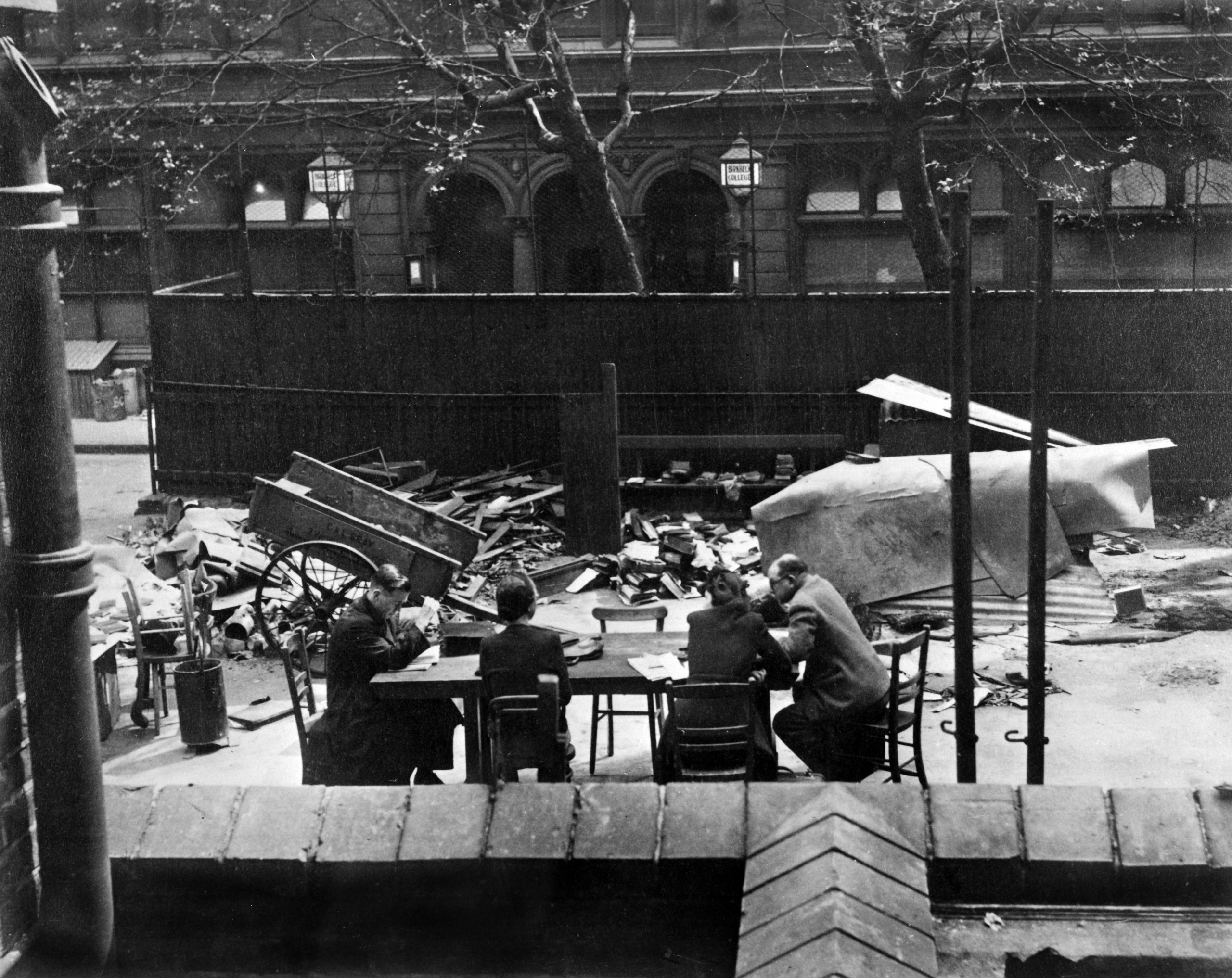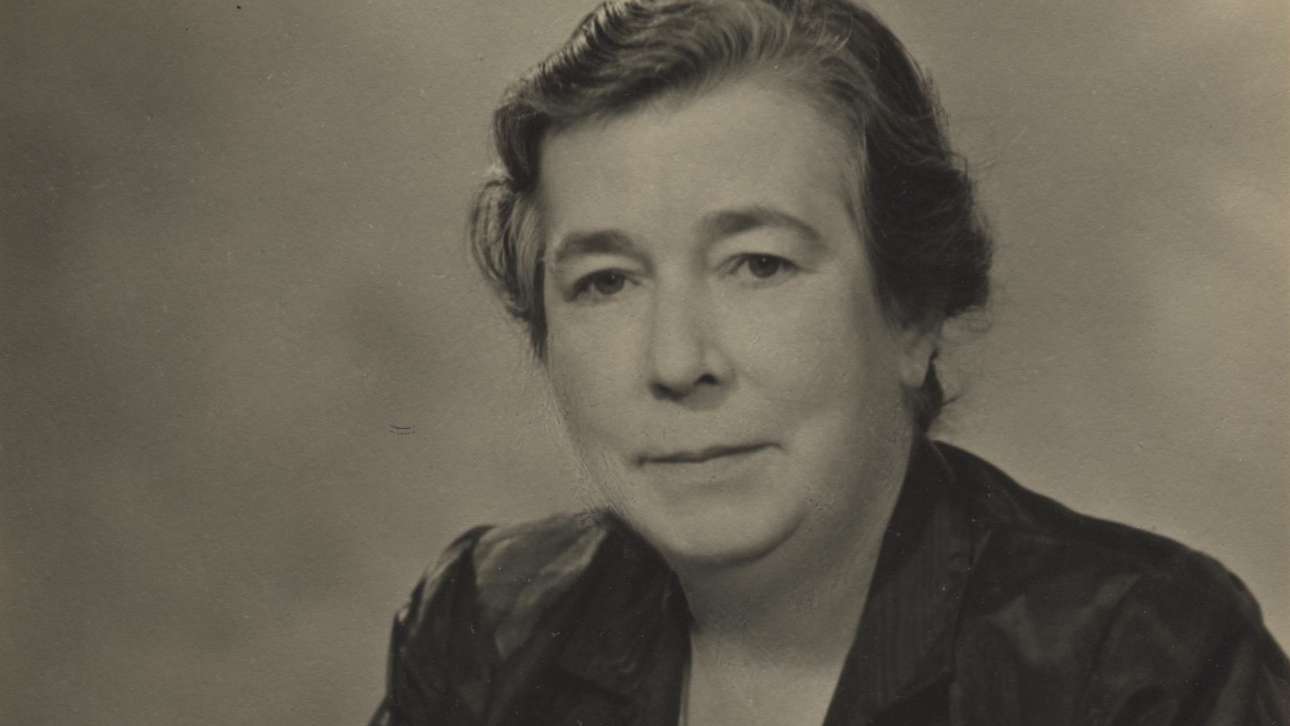Marcel came to Birkbeck to follow his dream of becoming a web developer. Now teaching in the Department of Computer Science and Information Systems, he shares his passion for programming with the next generation of students.
I’ve always wanted to work in IT. Back in the early 2000s, I was doing reprographics in a legal department, but knew I wanted to be more involved in computing. I was fascinated by computers and web design, so I began teaching myself at home. I started with Photoshop, then building websites and began to realise this was something I really wanted to do and could enjoy as a job.
Getting a career in web development with no education and no experience was impossible, so I went along to a few university open days to explore my options.
One Saturday, I went to Birkbeck and came across the Foundation Degree in Web Development. I couldn’t afford to quit my day job and study full time, but Birkbeck allowed me to do both.
Studying part-time and working full-time wasn’t easy and involved huge social sacrifices, but after a year and a half on the programme, I landed my first computing job as a Junior Developer for a digital healthcare agency.
I also got to meet people in the classroom: Birkbeck has a very international community and it was amazing to learn alongside and collaborate with people from all over the world.
Once I’d completed my studies, I was headhunted by Sky TV to work on data visualisation dashboards. This made me a proper developer, working on really cool stuff around data visualisation, but I knew I also wanted to study more, so I returned to Birkbeck to study BSc Computing.
In some ways, when I graduated, I’d achieved what I set out to do: I had the qualification and a proper job in digital, but it felt like something was missing. Birkbeck had been a part of my life for the last five years, so I felt strangely empty without it.
I emailed one of my teachers and asked if there was anything I could do to help out – I would have gone back just to put paper in the printer! I saw Birkbeck as a hobby where I could also help future students in some way. Some people run or play chess – Birkbeck was my hobby.
Instead of doing the admin though, I was offered a role as demonstrator. For the first term, I helped out in lectures, providing support with the hands-on activities. In the second term I started teaching. It had never been my intention to teach, but I found it so rewarding helping others to succeed. There’s nothing like the feeling you get when you show someone how to do something and the next time you see them they say “Hey, look what I’ve done on my own.”
I’ve changed jobs a few times since then and now work at Barclays as VP/Technology Lead, teaching at Birkbeck once a week as well.
I know that everyone has different circumstances, but Birkbeck has shown me that if you’re willing to work hard, people will help you. Now, when my students say they can’t do it, I tell them “I know how you feel, I’ve been in your shoes, so don’t tell me you can’t do it, because everyone can.”
Marcel currently teaches on the modules ‘Mobile Web Application Development’ and ‘Web Programming Using PHP’.
Further Information:





